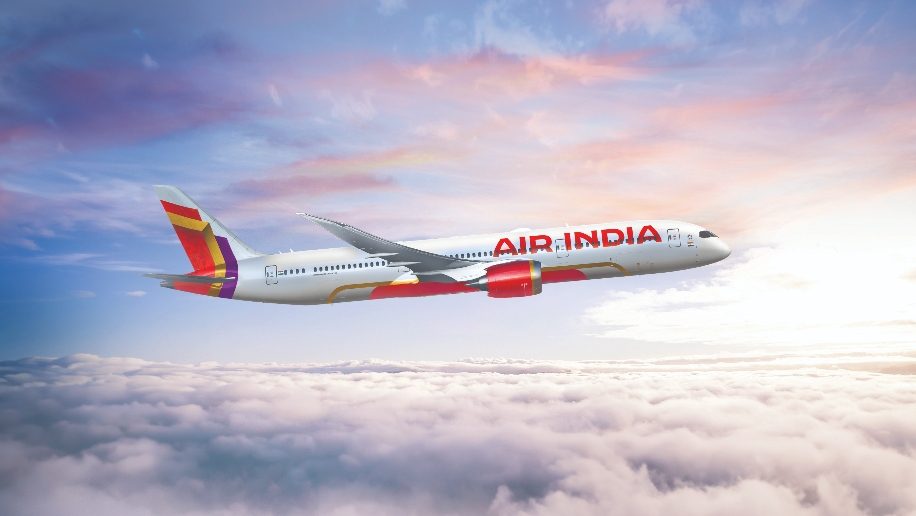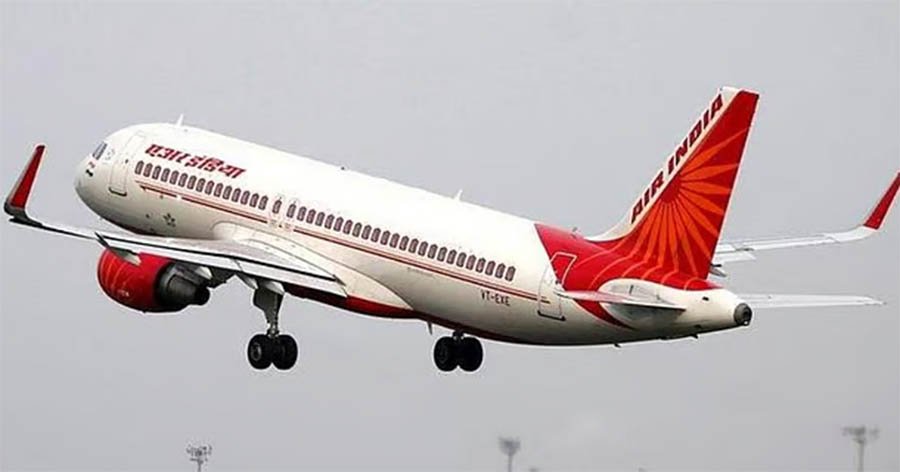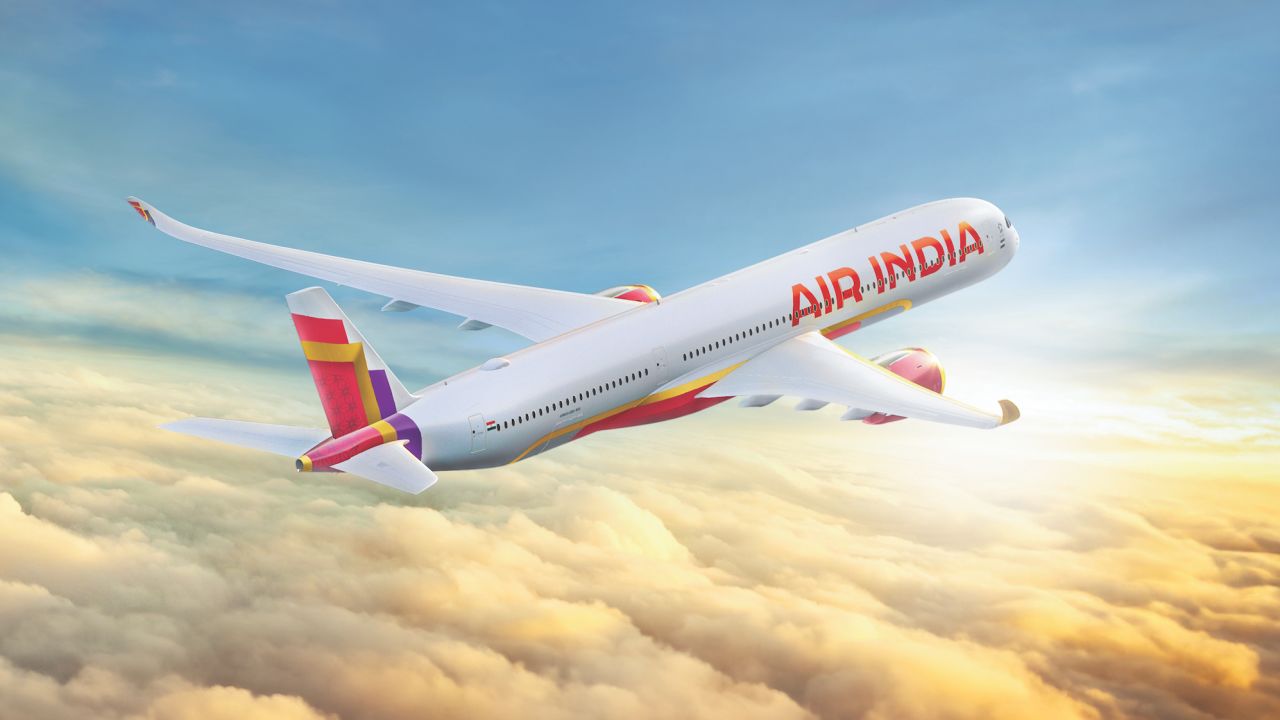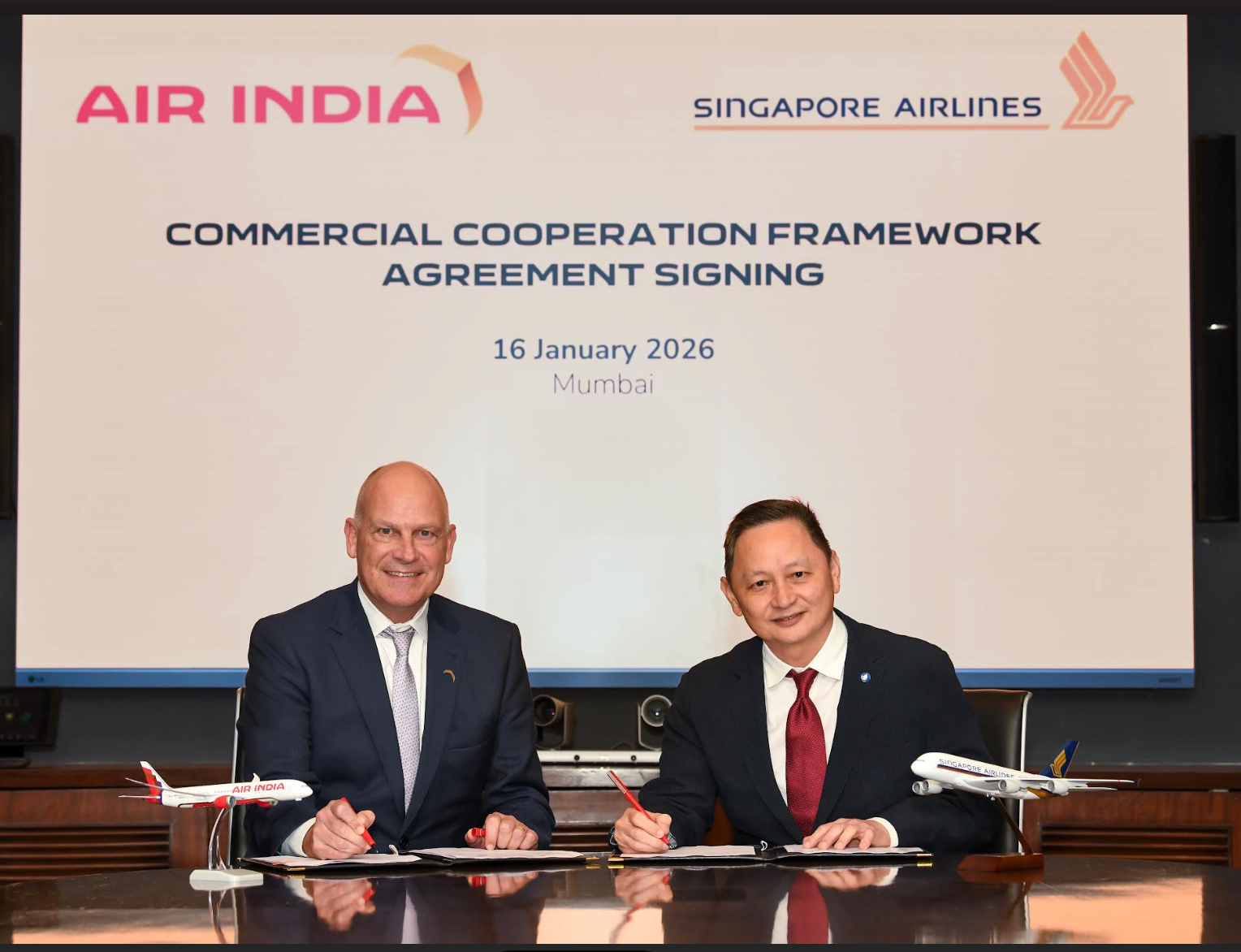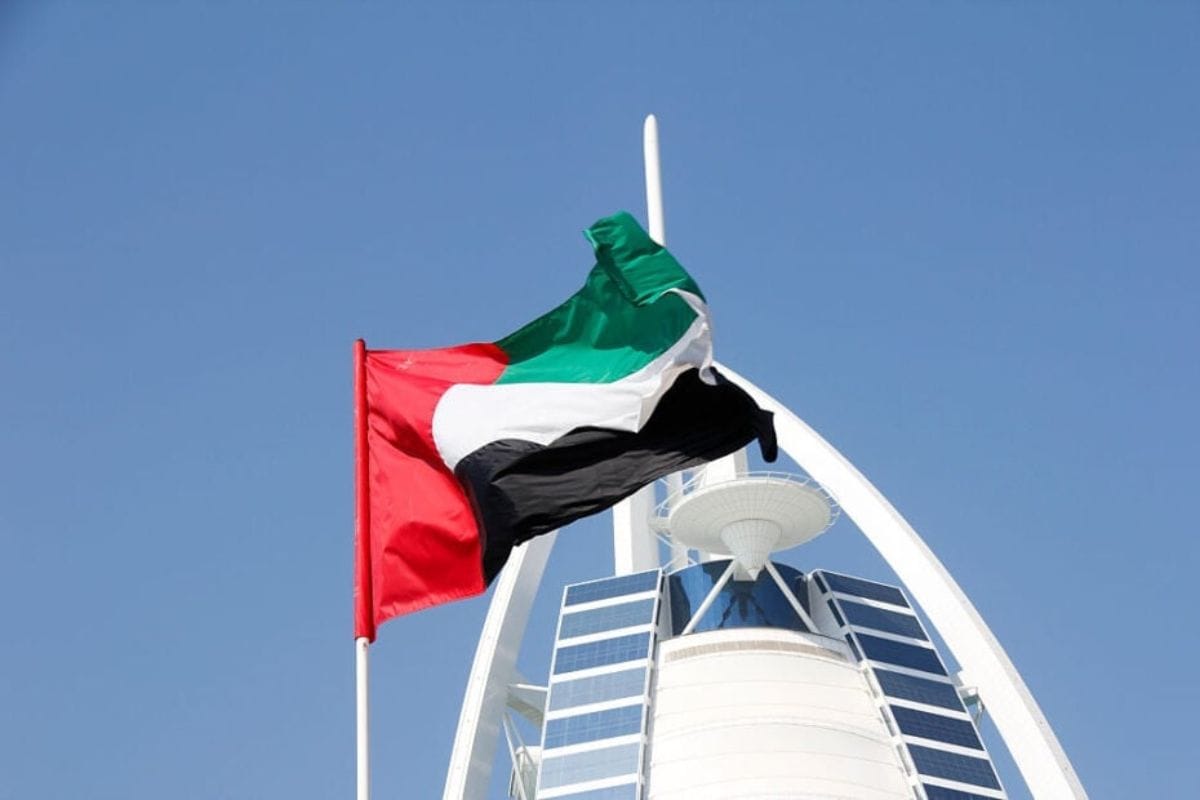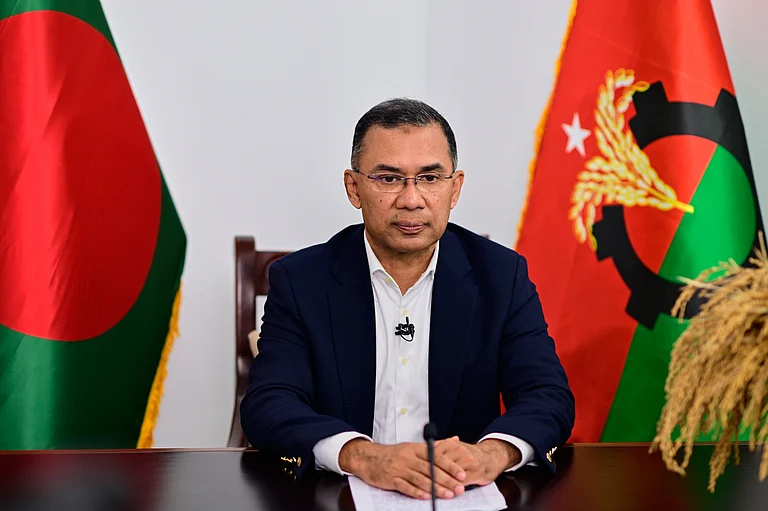Airline proposes a 20-30% reduction in landing fees to make flights to key destinations more affordable and expand India’s aviation reach.
Air India has put forward a proposal to reduce landing charges at Indira Gandhi International Airport (IGIA) in Delhi as part of its long-term strategy to expand international connectivity. The Tata Group-owned airline has requested a 30% reduction in landing fees for long-haul and ultra-long-haul flights, citing the need to enhance affordability, strengthen India’s aviation presence, and improve Delhi’s position as a major global transit hub, reported travelandtourworld.com.
Push for More Cost-Effective Long-Haul Travel
The proposal, submitted to the Airports Economic Regulatory Authority (AERA) during the 2024-29 tariff consultation, aims to reduce operational costs, particularly for flights exceeding nine hours (long-haul) and 16 hours (ultra-long-haul). Destinations such as the US, UAE, Qatar, and Singapore would benefit from this move.
Expanding Global Reach with New Aircraft
Air India has invested in modern, fuel-efficient wide-body aircraft like the Airbus A350-900 and Boeing 777 to expand its international network.
The airline is also pushing for a complete exemption from landing fees for wide-body aircraft operating on domestic routes and a 20% reduction in User Development Fees (UDF) to encourage greater utilization of larger aircraft.
Strengthening Delhi as a Global Aviation Hub
Delhi Airport, managed by Delhi International Airport Ltd (DIAL), is currently undergoing tariff restructuring. Air India sees this as an opportunity to position IGIA as a competitive alternative to global hubs like Dubai, Singapore, and Doha by lowering costs for airlines and attracting more international-to-international (I2I) transit passengers.
Impact on Indian Aviation
With plans to introduce new routes and expand fleet capacity, Air India’s push for reduced landing fees aligns with India’s vision of becoming a major aviation powerhouse. As AERA evaluates the airline’s request, the outcome could have far-reaching consequences for Air India’s competitiveness and the broader Indian aviation landscape.
***********************************************************
Readers
These are extraordinary times. All of us have to rely on high-impact, trustworthy journalism. And this is especially true of the Indian Diaspora. Members of the Indian community overseas cannot be fed with inaccurate news.
Pravasi Samwad is a venture that has no shareholders. It is the result of an impassioned initiative of a handful of Indian journalists spread around the world. We have taken a small step forward with the pledge to provide news with accuracy, free from political and commercial influence. Our aim is to keep you, our readers, informed about developments at ‘home’ and across the world that affect you.
Please help us to keep our journalism independent and free.
In these difficult times, running a news website requires finances. While every contribution, big or small, will make a difference, we request our readers to put us in touch with advertisers worldwide. It will be a great help.
For more information: pravasisamwad00@gmail.com

